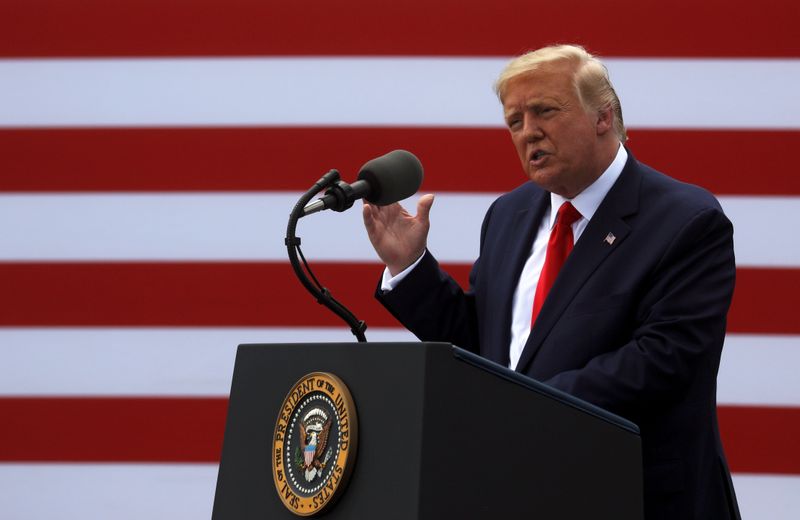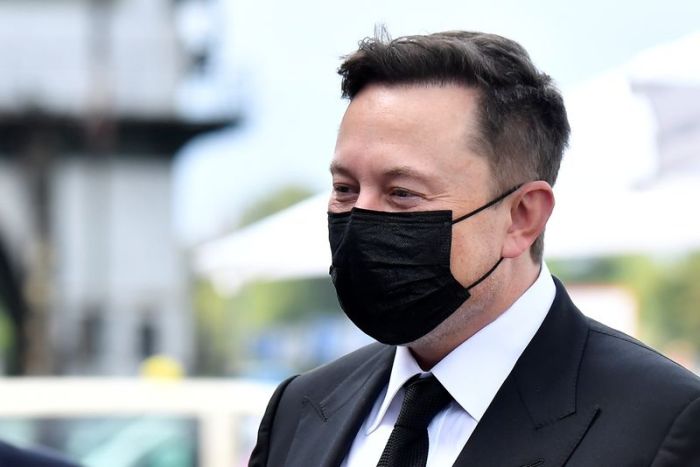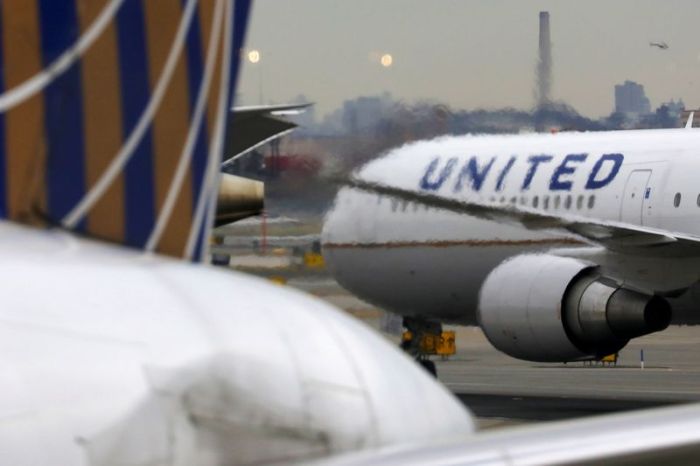WASHINGTON (Reuters) – Mayors of major U.S. cities on Thursday blasted President Donald Trump’s threat to cut federal funding to cities facing ongoing protests as a violation of the U.S. Constitution, and New York state said it would challenge any move to defund the city in court.
Trump on Wednesday instructed Attorney General William Barr to develop a list of “anarchist jurisdictions” that “permitted violence and the destruction of property … and have refused to undertake reasonable measures” to restore order.
The U.S. Conference of Mayors said the order had no legal standing, and would make cities less safe by slashing resources for police and first responders.
“This effort is intended only to inflame tensions and divide us. It is without merit, and it would hurt the people that a president is entrusted to protect,” said the group’s CEO Tom Cochran.
The mayors of Washington, Portland, Seattle and New York City – who were singled out in the Trump memo – condemned the action.
“We are confronting unprecedented challenges — fighting back a pandemic and economic devastation without another stimulus. Now, instead of leadership from the White House, we are faced with new attacks that are unlawful, unconstitutional and will be undoubtedly defeated in court,” they wrote in a joint statement.
New York City was ready to take immediate legal action if the White House attempts to defund the city, Attorney General Letitia James said in a Thursday statement.
“The president is not a dictator and his efforts at tyrannical rule will be met with fierce opposition,” she said.
White House Press Secretary Kayleigh McEnany shot back moments later during a briefing: “She’s free to do that. We believe that what we will do will be lawful.”
Senate Minority Leader Charles Schumer on Twitter called it a “foolish stunt” and said the president “ought to be focused on getting our country out of the COVID crisis.”
In May, a federal appeals court blocked Trump’s attempt to defund “sanctuary cities.”
In that case, the judge ruled that the issues were a matter of state discretion. Policing and law enforcement are also areas regulated by states and local jurisdictions, not the federal government.
(Reporting by Andrea Shalal, Sarah N. Lynch and Tim Ahmann; Editing by Aurora Ellis)

























